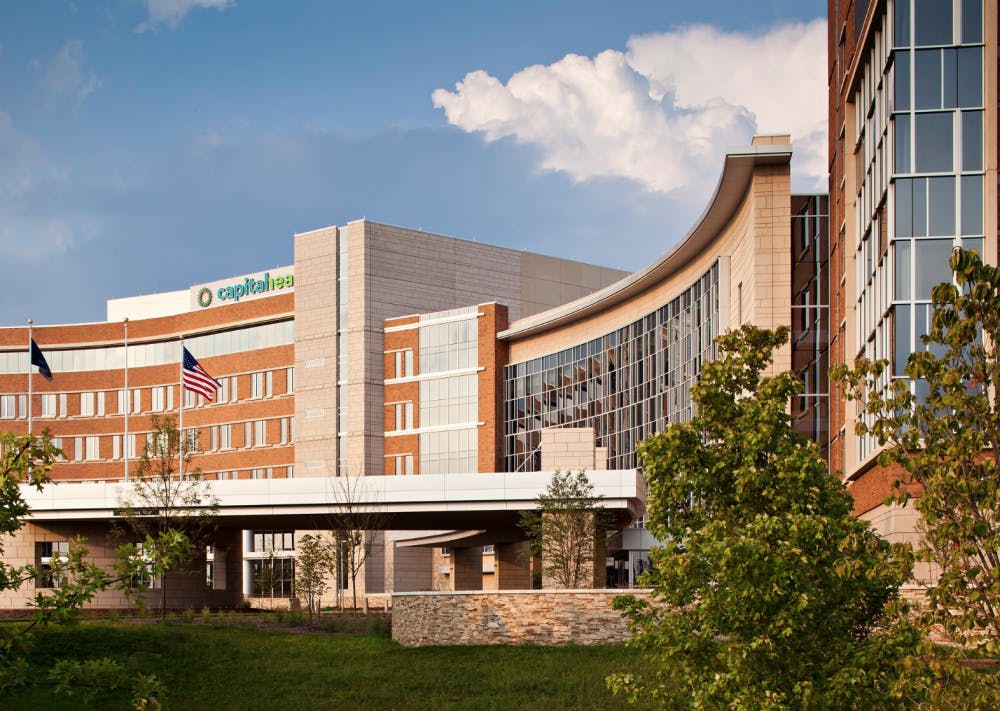By Seth Ziegler
Seth is a senior accounting major at the College.
I was checked into the ER at Capital Health Hopewell with diabetic complications on the night of Tuesday, March 10. As ER staff scrambled and patients poured in with masks and flu like symptoms, I was entering a state known as diabetic ketoacidosis. This is a life threatening condition that consists of one’s blood producing high levels of acid, which can destroy blood vessels and internal organs.

Typically, I would only spend 8-10 hours in the hospital with such diabetic complications. But this time, I was there for 40.
I am not mad or resentful in any way towards those who are doing their best to keep things running smoothly. In fact, I am incredibly grateful for every medical professional who assisted during such uncertain times. But I am scared.
When I was first admitted to the hospital, the care I received was top notch — healthcare providers and I knew each other on a first name basis and I was checked in on every half hour.
But as my hospitalization progressed, I got an unnerving sneak peak of what this country’s healthcare system has come to. On March 11, the day after I was admitted, the World Health Organization declared COVID-19 a pandemic.
My check ups, which were once every 30 minutes, became every 45 minutes, and then every hour. I was transferred from my ER location to an ICU room, which I was told was working past its maximum occupancy.
The very nature of coronavirus, along with the stress-inducing media, create a perfect storm for the over burdening of our health systems. Sanitized rooms were almost impossible to come by, nurses and technicians were stretched incredibly thin and being treated by a certified MD was out of the question. During my time in the ER, I watched as the hallways filled with beds and overpopulated with patients in medical masks.
When I expressed my concerns about when I would be cared for and eventually discharged, I was apologized to and told that because of my status, I was “moved to the bottom of the list.” As a patient who has relied on doctors and the healthcare system for most of my life, I am extremely grateful for everything that I have access to. However, for the first time, my condition was put on the back burner in a clinical setting.
We as a nation are not prepared for what this virus has planned for us. As I laid in my hospital bed, I read about the horror stories coming out of Italy. Healthcare is stretched so thin that conversations are being had on who can live and who must die.
As I walked out of the hospital and witnessed groups of people anxiously waiting to be attended to, I realized that humanity has an obligation to take this seriously. Your weekend plans are reschedulable, your vacations can be put on hold and your favorite restaurant will still be standing after the smoke clears. If we want to put out this fire, we have no choice but to work together by staying apart.







